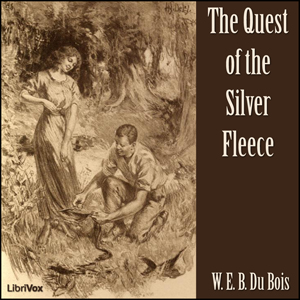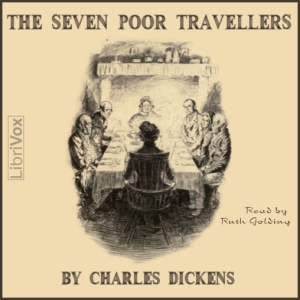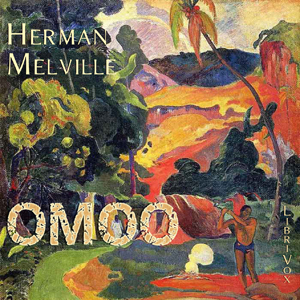- Preface
- Introduction
- The Story Of Dabschelim And Pilpay
- The Travelling Pidgeon
- The Falcon and the Raven
- The greedy and ambitious Cat
- The poor Man who became a great King
- The Leopard and the Lion
- The Merchant and his Children
- The King and his two Sons
- The Demise, the Falcon, and the Raven
- The Countryman and several Rats
- The Carpenter and the Ape
- The two Travellers, and the Lion carved in Stone
- The Fox and the Hen
- The Sparrow and the Sparrow-hawk
- The King who from a savage Tyrant, became benign and just
- A Raven, a Fox, and a Serpent
- The Crane and the Craw-fish
- The Rabbit, the Fox, and the Wolf
- The Lion and the Rabbit
- The two Fishermen and the three Fishes
- The Scorpion and the Tortoise
- The Falcon and the Hen
- The Nightingale and the Countryman
- The Hunter, the Fox, and the Leopard
- The Wolf, the Fox, the Raven, and the Camel
- The Angel Ruler of the Sea and two Birds, called Gerandi
- The Tortoise and two Ducks
- Two young Merchants, the one crafty, and the other without Deceit
- The Frog, the Craw-fish, and the Serpent
- The Gardener and the Bear
- The Merchant and his Friend
- The Fox, the Wolf, and the Raven
- The Ass and the Gardener
- The Prince and his Minister
- A Hermit who quitted the Desert to live at Court
- The blind Man who travelled with one of his Friends
- A religious Doctor and a Dervise
- Three envious Persons that found Money
- The ignorant Physician
- The Raven, the Rat, and the Pigeons
- The Partridge and the Falcon
- The Man and the Adder
- The Adventures of Zirac
- A Husband and his Wife
- The Hunter and the Wolf
- The ravenous Cat
- The two Friends
- The Ravens and the Owls
- The Origin of the Hatred between the Ravens and the Owls
- The Elephants and the Rabbits
- The Cat and the two Birds
- The Dervise and the Four Robbers
- The Merchant, his Wife, and the Robber
- The Dervise, the Thief, and the Devil
- The Monkeys and the Bears
- The Mouse that was changed into a little Girl
- The Serpent and the Frogs
These moralistic stories within stories date back to the Sanskrit text Panchatantra (200 BC – 300 AD). They were first translated into Arabic by a Persian named Ruzbeh who named it Book of Kalilah and Dimna and then by Abdullah Ibn al-Muqaffa and later Joseph Harris in 1679 and then remodeled in 1818. Max Mueller noted that La Fontaine was indebted to the work and other scholars have noted that Jeanne-Marie LePrince de Beaumont and John Fletcher were both familiar with the fables. The Fables of Pilpay are a series of inter-woven fables, many of which deploy metaphors of anthropomorphized animals with human virtues and vices. (Summary by The introduction and Wikipedia)
There are no reviews for this eBook.
There are no comments for this eBook.
You must log in to post a comment.
Log in











